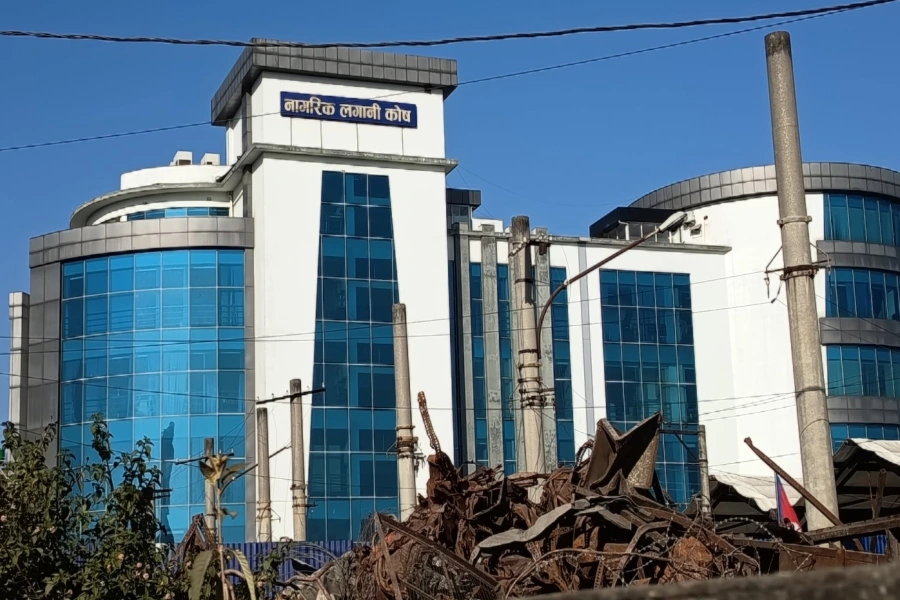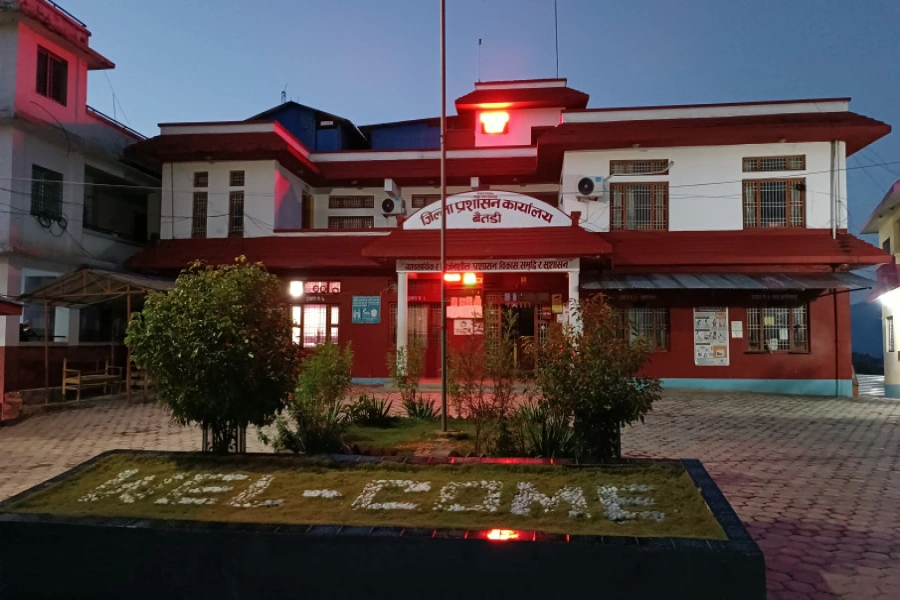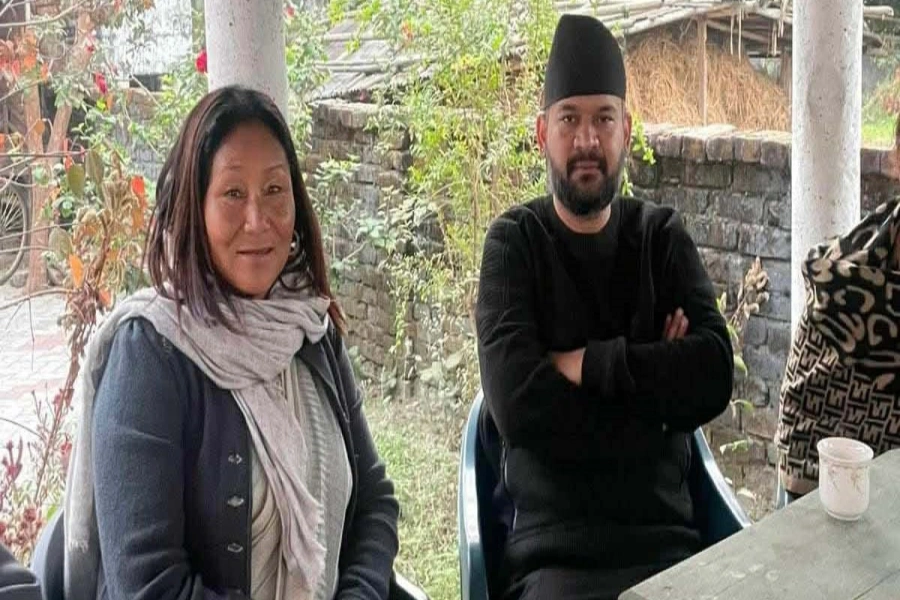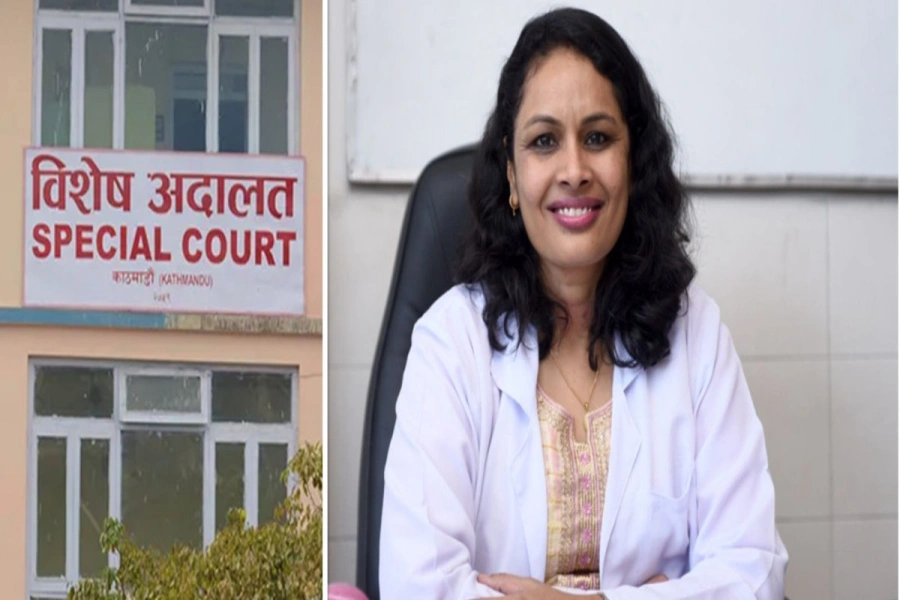KATHMANDU, Sept 24: The Kathmandu Valley has seen a sharp rise in dengue cases over the past two weeks, with the infection spreading rapidly.
According to Sukraraj Tropical and Infectious Disease Hospital, there has been a recent surge in dengue patients from outside the valley. The number of patients arriving from within the valley seeking treatment has also increased.
Dr. Sher Bahadur Pun, Clinical Research Unit Coordinator at the hospital, reported that more severe dengue cases have emerged over the past week, with 11 patients currently admitted for treatment. Similarly, the Department of Medicine at Bir Hospital is treating 20 dengue patients, with 60 to 70 new cases with dengue symptoms being reported daily at the hospital's Outpatient Department.
Dengue kills three people in Gandaki in three weeks

Dr. Dhruba Gaire, chief of Bir Hospital's medical department, said the infection, which had been rising steadily for two weeks, has worsened significantly in the past week. Kamala Kumari Poudel, in charge of the general ward at Sukraraj Tropical and Infectious Disease Hospital, confirmed an increase in dengue patients over the past week as well.
Many individuals from areas such as Kalimati, Kuleshwar, and other parts of Kathmandu have been seeking treatment for dengue symptoms, according to the hospital. Dr. Yadu Chandra Ghimire, Director of the Epidemiology and Disease Control Division (EDCD), stated that dengue infections have now spread across the valley rather than being confined to specific areas.
The latest data from EDCD shows a significant rise in dengue cases in 10 districts, with over 500 infections reported in Kathmandu, Tanahun, Kaski, Chitwan, and Parbat. Nationwide, dengue infection has been confirmed among 11,545 people, with six fatalities recorded so far.
Dr. Gokarna Dahal, chief of the Vector Borne Disease Section at EDCD, warned that the risk of infection remains for at least another month. However, he credited local authorities and public vigilance for preventing an outbreak on the scale of last year. "With three years of experience, citizens have learned how to prevent dengue, and local governments are actively involved in control efforts," Dr. Dahal said.
He emphasized the importance of ongoing measures to identify and eliminate mosquito breeding grounds. "Preventing mosquito breeding is crucial to stopping the spread of dengue," he added.



































